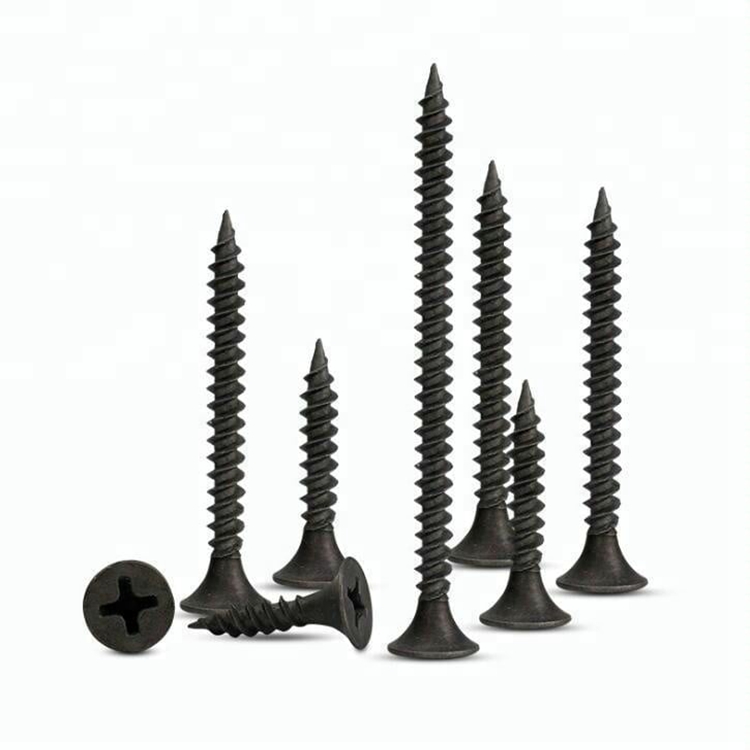High-Quality Grade 4.8 Hexagon Socket Bolts Supplier for Various Industrial Applications and Projects
Jul . 26, 2024 09:46 Back to list
High-Quality Grade 4.8 Hexagon Socket Bolts Supplier for Various Industrial Applications and Projects
Understanding Grade 4.8 Hexagon Socket Bolts A Comprehensive Overview
Hexagon socket bolts are a popular type of fastener used in various industries due to their strength and versatility. Among the myriad of options available, Grade 4.8 hexagon socket bolts stand out for their reliability and effectiveness in numerous applications. This article will delve into the specifications, manufacturing process, uses, and advantages of Grade 4.8 hexagon socket bolts.
What is a Grade 4.8 Hexagon Socket Bolt?
Grade 4.8 hexagon socket bolts are classified according to a specific set of metrics established by the ISO (International Organization for Standardization). The number ‘4.8’ refers to the minimum yield strength and tensile strength of the bolt. Specifically, Grade 4.8 bolting material has a tensile strength of 400 MPa and a yield strength of 240 MPa. These properties make them suitable for a variety of mechanical and structural applications.
The hexagon socket, or Allen head, allows for a snug fit with an internal wrench, enabling a higher torque to be applied without the risk of the tool slipping. This design feature not only makes them user-friendly but also enhances their performance in tight spaces where traditional hexagonal heads may not fit.
Manufacturing Process
The manufacturing of Grade 4.8 hexagon socket bolts begins with the selection of high-quality steel, often carbon steel, which is then heated and shaped through processes such as forging or machining. Heat treatment is applied to enhance the bolt's mechanical properties, ensuring that it meets the Grade 4.8 standards.
After the bolts are shaped, they undergo surface treatment to prevent corrosion, which is a significant concern for fasteners exposed to various environments. Common surface treatments include galvanization, which adds a layer of zinc, and black oxide coating, both of which improve resistance to rust and wear.
Finally, rigorous quality control measures are implemented to ensure each bolt meets the required specifications and standards. This includes testing for strength, durability, and resistance to wear, ensuring that each Grade 4.8 hexagon socket bolt is reliable and fit for purpose.
grade4.8 hexagon socket bolts manufacturer

Applications of Grade 4.8 Hexagon Socket Bolts
Grade 4.8 hexagon socket bolts are utilized in a wide array of industries including automotive, construction, machinery, and furniture manufacturing. Their strength and durability make them an excellent choice for
1. Structural Applications Used in building projects to secure steel beams, frames, and other load-bearing structures. 2. Automotive Industry Commonly found in vehicles to connect engine components and chassis parts. 3. Machinery Assembly Employed in the assembly of various types of machinery, providing secure connections that can withstand vibration and torque. 4. Furniture Manufacturing Often used in flat-pack furniture assembly where a reliable connection is necessary for stability and safety.
Advantages of Grade 4.8 Hexagon Socket Bolts
The popularity of Grade 4.8 hexagon socket bolts can be attributed to several key advantages
- Strength and Durability With a good balance of tensile and yield strength, these bolts are built to last. - Ease of Use The hexagon socket design allows for easier installation in tight spaces, providing superior grip without slippage. - Versatility Suitable for various applications across multiple industries, making them a go-to fastening solution. - Corrosion Resistance Surface treatments enhance longevity by protecting against corrosion and wear.
Conclusion
Grade 4.8 hexagon socket bolts serve as a critical component in many industries, providing strength, reliability, and versatility. Understanding the specifications, manufacturing process, and applications of these fasteners is essential for ensuring that the right bolting solutions are selected for each specific project. Whether in construction, automotive, or furniture design, Grade 4.8 hexagon socket bolts continue to play a vital role in modern engineering and assembly processes.
Latest news
-
Top Wire Bolts Suppliers - Quality & Durable Fasteners
NewsAug.15,2025
-
Trusted Wire Bolts Company | Quality Fasteners Supplier
NewsAug.14,2025
-
Reliable Wire Bolts Suppliers & Manufacturers for Global Needs
NewsAug.13,2025
-
High-Quality Bolts for Lawn Mower Handle Supplier
NewsAug.12,2025
-
Leading Phosphated Drywall Screws Supplier | Bulk & Custom Orders
NewsAug.11,2025
-
Top Wire Bolts Company: Manufacturers, Exporters & Suppliers
NewsAug.10,2025
